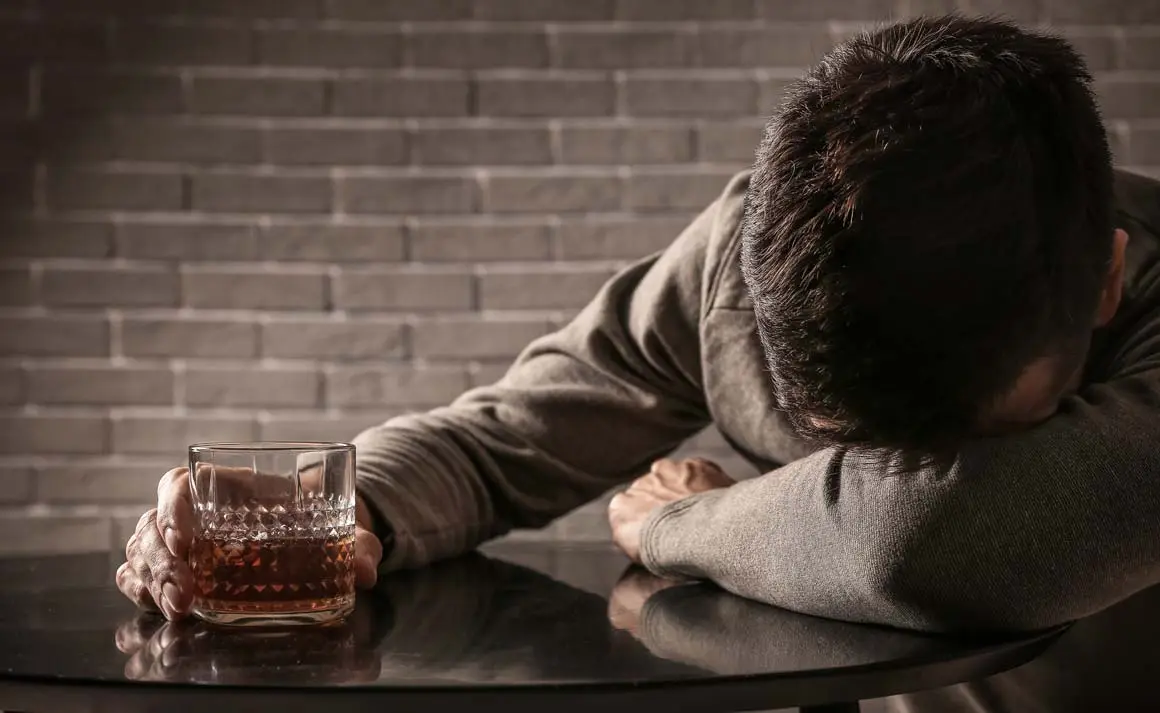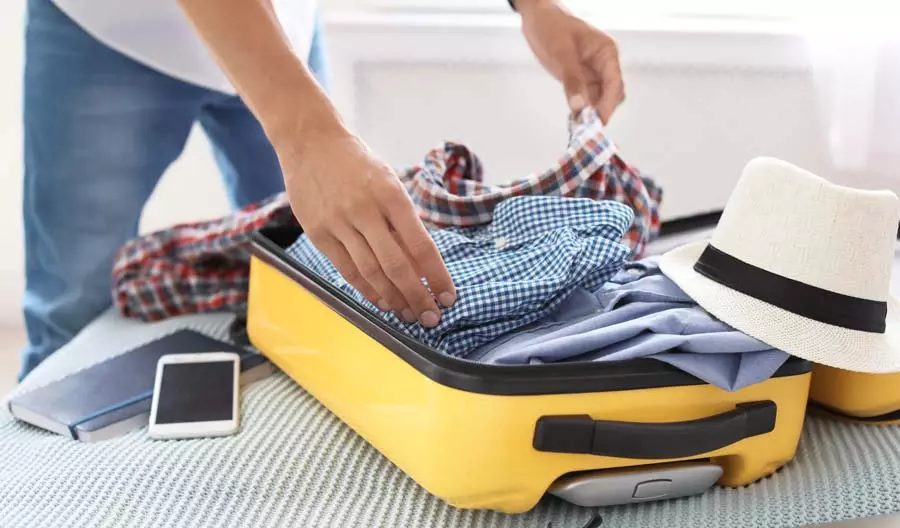What to Expect in a Hawaii Alcohol Rehab Center?
A rehab center is a treatment facility in which patients receive treatment for their addiction. Some specialize in alcohol treatment while others also cater to people with other substance use disorders. They usually offer various levels of care with inpatient or residential treatment being the most intensive. Rehab centers vary widely in the types of therapies and amenities they offer so there’s something out there for each person struggling with addiction.
Goals Of Hawaii Alcohol Rehab Treatment
Each rehab center and patient will have a slightly different focus. However, the ultimate goal is usually the same: to get help patients live a healthier life without dependence on alcohol or any other substance.
Goals may include:
- Creating a personalized treatment plan
- Addressing the root causes of addiction
- Educating the patient about their addiction
- Improving physical and mental health
- Developing coping strategies in the patient
- Reintegrating the patient into the community
Why Choose Alcohol Rehab in Hawaii?

There are thousands of places where one can go for rehab both in the United States and further afield. Before you enroll in a program, you need to consider the various types of treatment options. The best program is the one that is customized to your needs since addiction treatment should never take a one-size-fits-all approach.
You may be inclined to attend an alcohol rehab center close to your home. However, depending on where you live, there may not be an appropriate treatment program in your area. Also, there are several benefits to traveling for rehab and Hawaii offers a naturally therapeutic setting.
Some of the factors you need to consider are:
- Location
- Cost
- Amenities
- Whether insurance is accepted
- Levels of care available
- Types of treatments offered
Experience True Healing
Our deeply-caring staff and the surrounding natural beauty offer an unparalleled healing experience.
What are the Levels Of Care in Alcohol Treatment?
Your needs will vary depending on the extent of your physical dependence on alcohol, your current alcohol use, whether you use other substances, and if you have any co-occurring conditions.
You will need to seek help from professionals in understanding the severity of your condition and which type of care would be best for you. In addition to inpatient programs, centers offer partial hospitalization programs, intensive outpatient programs, and outpatient rehab.
Inpatient Rehab
Residential facilities provide patients with 24/7 medical and psychological support. Programs usually last for 30, 60, or 90 days and they provide a structured and safe environment.
Inpatient treatment is ideal for many people because it puts some space between them and the triggers that led them to drink. This allows them to focus almost completely on recovery.
This type of program is especially useful for people with severe addiction, dual diagnosis, or major physical health issues. Individuals who have previously experienced complicated withdrawal are also better served in this way as well as those who don’t have safe, supportive home environments.
Partial Hospitalization Programs (PHPs)
PHPs are less intensive and a little more flexible than residential programs. Individuals go to a center for therapy several times per week, but they go home at the end of the day. This type of arrangement can be beneficial because it allows people to continue working or caring for their families. However, it’s not ideal for people with severe alcohol addiction or co-occurring disorders. Some patients step down from inpatient treatment to partial hospitalization.
Intensive Outpatient Programs (IOPs)
IOPs are designed to help patients develop coping skills, establish support mechanisms, and build relapse prevention skills. Individuals spend less time at the rehab center than they do when enrolled in PHPs. IOPs can serve as a step-down program for individuals who were in a PHP.
Outpatient Rehab
Outpatient rehab usually requires just a few hours of attendance over the course of a week. Sessions may be held in the evening on weekends to allow for maximum flexibility and convenience. In the continuum of care for alcohol rehabs, outpatient treatment often follows an IOP.
What Happens at a Hawaiian Alcohol Rehab?

Now that you understand the various levels of care, you may be wondering about what actually happens in a rehab facility. The first step is usually detoxification which is the management of withdrawal symptoms as the body rids itself of alcohol. Alcohol withdrawal symptoms can be life-threatening so medical supervision is essential. Once patients are medically stable and free of alcohol, they can transition into a treatment program.
Treatment will start at one of the levels we discussed above. Inpatient treatment is usually the most effective and these programs can take several different forms ranging from standard to executive and luxury.
As you get close to the end of the detox period, the detox team will talk to you about the next steps. If you have an idea of the services or amenities you’d like a rehab program, you should talk to them about it. Inpatient treatment programs may include:
- Individual therapy
- Group counseling
- Family therapy
- Medication-assisted treatment
- Peer support
- Aftercare planning
A Typical Alcohol Withdrawal Timeline
It’s impossible to predict exactly what a particular individual will experience during withdrawal. However, symptoms tend to follow a particular timeline and they range from mild to very severe.
Withdrawal often begins within 4 to 12 hours of a person ending or significantly reducing their alcohol consumption. Acute symptoms tend to be at their worst around the second day but they usually improve significantly by the fifth day. However, milder anxiety and insomnia may persist for up to six months.
Mild alcohol withdrawal symptoms can include:
- Decreased appetite
- Restlessness
- Insomnia
- Irritability
- Anxiety
- Impaired thinking and judgment
Symptoms of more severe alcohol withdrawal can include:
- Hypertension
- High fever
- Rapid breathing
- Rapid pulse
- Sweating
- Trembling of the hands and arms
- Visual and/or auditory hallucinations
- Hypersensitivity to light and noise
In rare cases, people going through alcohol withdrawal experience generalized tonic-clonic seizures or delirium tremens. Seizures are most likely to occur in people who abused alcohol for several years and those over 40 years old. Seizures associated with alcohol withdrawal usually start within 12 hours and two days after the last drink. However, they can also occur within just a few hours.
Untreated seizures can progress to delirium tremens. DTs is the most severe form of alcohol withdrawal and it occurs in a small percentage of people.
Symptoms include:
- Visual, tactile, and/or auditory hallucinations
- Delirium (intense confusion and agitation)
- Rapid pulse
- High fever
- Sweating
- High blood pressure
- Cardiovascular collapse
When delirium tremens occurs, it typically manifests within two to four days after the cessation of alcohol use. However, it can take up to ten days for symptoms to appear. DTs can last for up to five days. This condition can be fatal and it is, therefore, considered a medical emergency.
Experience True Healing
Our deeply-caring staff and the surrounding natural beauty offer an unparalleled healing experience.
Medications Used in The Treatment of Alcoholism
Medications can be used both during and after detox. Since withdrawal can be highly uncomfortable and even dangerous given the delirium tremens and seizure risk, certain drugs may be prescribed to reduce discomfort or prevent symptoms from worsening.
Medication used to treat alcohol withdrawals include benzodiazepines such as chlordiazepoxide (Librium) and diazepam (Valium). These are sedatives that reduce the risk of seizures and anxiety.
Anticonvulsants such as carbamazepine (Tegretol) and gabapentin (Neurontin) may be used along with or instead of benzodiazepines. Anticonvulsants are less likely to be abused than benzos but they may not prevent DTs or grand-mal seizures.
Some drugs have also been approved by Food and Drug Administration to treat alcohol dependence. Medications that can be prescribed during rehab are:
- Disulfiram or Antabuse. This is designed to deter individuals from drinking again. It interferes with the way the body metabolizes alcohol so if a person drinks even a little, they will experience unpleasant side effects.
- This is also used in the treatment of opioid use disorder and it works to reduce cravings. It blocks the intoxicating effects of alcohol so individuals no longer feel motivated to drink.
- This medication which also known as Campral helps the brain to function normally after heavy alcohol use. It helps to return the central nervous system to a state of balance.
The Importance of Medical Detox For Alcohol
Given all that we have discussed, you probably see why it’s highly recommended that individuals detox under medical supervision. Contrary to what many people believe, you won’t be more comfortable if you quit cold turkey at home. The alcohol detoxification dangers are simply too serious.
During medical detox, you’ll have around-the-clock supervision and care. Doctors and nurses will be there to monitor your vital signs and ensure you’re as safe and comfortable as possible. Medication will be administered as needed and you’ll also benefit from psychological support. In a holistic treatment center such as Exclusive Hawaii Rehab, you can also jreceive acupuncture and other natural therapies to make the process easier to handle.
Individuals who try to quit drinking without support are at increased risk of relapse. This is because the cravings and withdrawal symptoms are often too much to handle. Given the existence of luxury rehabs and alcohol treatment centers, there’s no need to try to detox on your own.
What To Pack For Your Hawaii Rehab Experience

If you’ve made the decision to enroll in our exclusive rehabilitation program, one of the things you’ll need to think about is what you’ll take with you. The center will likely provide you with a list of allowed and prohibited items ahead of your admission. However, here are some of the things you’ll need to pack.
Clothing is essential. Since you’ll likely have access to laundry facilities, you should pack enough to last at least seven days. Given Hawaii’s climate and culture, you’ll mainly need light, casual clothing. However, you should still make sure your outfits are modest and free from offensive words or images.
Your clothing list should include:
- Loungewear
- Activewear
- Sleepwear
- Underwear
- Swimwear (swim trunks for men, one-piece swimsuits for women)
- Sweater or cardigan
- Robe
- Tennis shoes
- Slippers
- Socks
You’ll also need your usual hygiene products. However, you should make sure that none of them contain alcohol as a primary ingredient and you’ll likely have to leave any aerosols at home.
Toiletries are highly personal but your packing list will likely include:
- Soap or shower gel
- Lotion or cream
- Sunscreen
- Deodorant
- Shampoo and conditioner
- Hairstyling products
- Toothpaste and toothbrush
- Mouthwash
- Feminine hygiene products
- Lip balm
Rehab facilities usually provide sheets and towels so you won’t have to worry about these.
However, you should make sure that you have some essential documents including your official identification, insurance card, and pharmacy card. You should also walk with a list of emergency contacts and a small amount of money.
Why Choose Exclusive Hawaii Rehab for Alcohol Treatment?
We’re a unique facility catering to high net worth individuals, executives, and celebrities who want privacy, comfort, and luxury while they get treatment for their alcohol use disorder. We offer highly customized programs that cater to the entire person; we don’t just focus on addiction. We provide holistic care that treats the underlying causes of addiction and empowers individuals to regain control of their lives.
We’re one of just three accredited rehab centers in Hawaii and we have just eight beds. This allows each patient to get the attention they need. The views from our facility are stunning and the environment naturally encourages healing and rejuvenation. There’s simply no substitute for achieving long-term sobriety with an Exclusive approach. Contact us today at (808)775-0200 to learn more about our bespoke rehab and personalized alcohol treatment options.